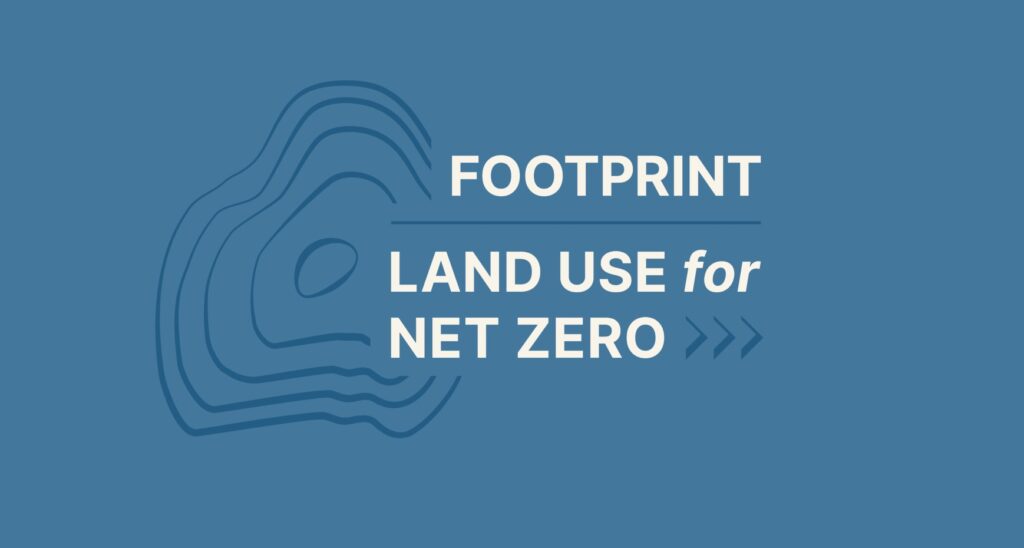The United Nations Development Programme (UNDP) Independent Evaluation Office has recently published an evaluation report authored by Katarina Kubinakova and John Powell entitled ‘Local Empowerment of Actors for Development (LEAD) in Lori and Tavush Regions‘ [Armenia]. The evaluation’s aim was to provide a mid-term review of the project outcomes, to enable those implementing the project, as well as national level policy makers to have a better sense of the extent to which the project is meeting its objectives, identification of barriers to implementation and opportunities for improved delivery.
The EU LEAD4 Lori and Tavush Regions project is funded by the European Union and implemented by the United Nations Development Programme (UNDP) in partnership with the UN Food and Agricultural Organization (FAO) and in close cooperation with the RA Ministry of Territorial Administration and Infrastructure (MTAI). The project is implemented in Lori and Tavush regions of Armenia as part of the European Union’s LEADER / Community-Led Local Development (CLLD) concept.
The project is taking the core principles of the EU LEADER programme, which has been operating across EU member states since the 1990s, and applying them to three regions in Armenia. The EU LEADER/CLLD programme supports a bottom-up approach to rural development that focuses on building capacity at the local level and creating beneficial outcomes for the local community and environment as well as generating economic benefits. The LEAD4 project in Lori and Tavush regions of Armenia has been implemented as a pilot project to explore its impact and effectiveness in a country with a very different cultural and political and context compared to the EU Member States. People in rural communities are unfamiliar with making local level decisions and in addition there is widespread poverty, poor infrastructure and recent inward migration as a result of the Nagorno-Karabakh conflict across the border with Azerbaijan.

The LEAD project has three core objectives:
- Mobilize, capacitate, and incentivize local actors to define community needs-driven strategies in Lori and Tavush regions.
- Build supporting infrastructure to prioritize, implement and sustain local-grown
initiatives in Lori and Tavush regions. - Improve the capacity of the relevant ministries and other bodies and develop
policy mechanisms at the national level for successful piloting and sustainability of the LEADER
approach in Armenia (policy component).
The evaluation took place between September 2023 and February 2024. Taking a qualitative approach, the evaluation team interviewed over 60 stakeholders at a range of administrative levels and held five discussion groups at a Local Action Group level, which attracted nearly 50 participants. Outputs and outcomes were evaluated against five criteria: Relevance, Effectiveness, Efficiency, Impact, and Sustainability. Despite the novelty of the LEAD approach, the evaluation identified a wide range of social and economic benefits generated at the local level including empowerment and improvements in confidence and decision-making capabilities, along with the potential to make local communities more resilient. The evaluation report makes a series of recommendations for improving delivery of LEAD4 project over the remaining 18 months of its delivery in Lori and Tavush regions.
You can download the complete report on the UNDP IEO website:
Further details related to the report, including Terms of Reference are also available.





